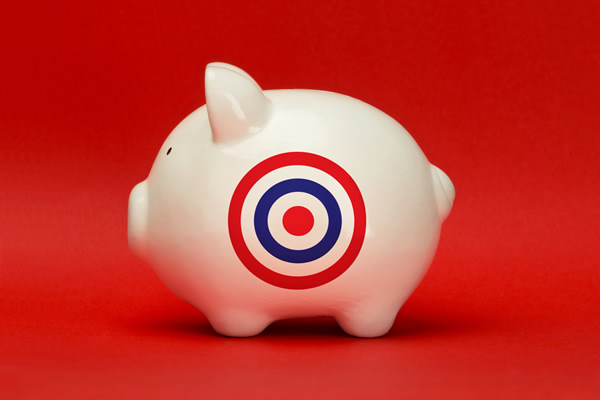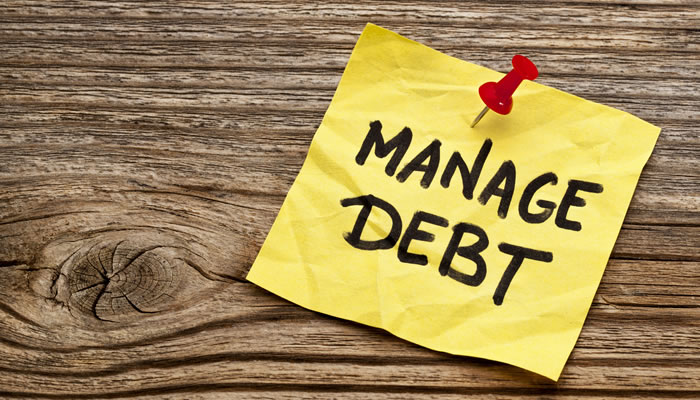
November is Financial Literacy Month in Canada. It’s the one month each year the spotlight is shone on financial literacy – or the lack thereof. While most people can read and write, far too many Canadians consider themselves financially illiterate. It’s hard to reach your long-term goals if you don’t know how to prepare a budget and regularly misuse your credit card. Here are our best tips towards financial success.
1. Pay off Credit Card Debt
It’s worth repeating our motto: a credit card is a valuable financial tool when used wisely. That means only purchasing what you can afford to pay off in full at the end of your grace period. Credit cards offer many perks like reward points and extended warrantees, but if you’re not careful you can quickly find yourself in over your head. Don’t get in the trap of only paying off your minimum balance. This can prove costly – it can take years and cost thousands in interest to pay it off.
2. Create a Budget
Do you find yourself constantly counting down to payday? Do you always wonder where your money goes after each paycheque? You’re not alone. It’s hard to know how healthy your finances are without a proper budget. A budget is a building block of financial success. It can help you achieve your long-term financial goals like homeownership and retirement by showing you where your money is going. A budget alone won’t help you achieve your financial dreams. Make sure you track your spending to ensure you’re spending responsibly.
3. Read the Fine Print
Whether it’s your credit card agreement or financial statement, it’s important to take the time to read the fine print. Ignorance is not an excuse – never sign anything without reading it first. Before signing up for a credit card, take the time to review the legally-mandated “information box” where you’ll find costs associated with your card like the annual interest rates and the length of the interest-free grace period. Be sure to take the time to review your credit card statement for erroneous and/or fraudulent charges.
4. Spend Less Than You Make
One of the most basic, yet powerful financial lessons is to spend less than you earn. If you’re constantly carrying a balance on your credit card, you should seriously reconsider your spending habits. It could be you’re living a lifestyle you can’t afford. Perhaps you’re falling victim to lifestyle inflation, when your spending habits go up along with your salary. Stop trying to keep up with the Joneses – they’re broke! Take the time to review your budget and don’t be afraid to ask service providers like the cable company for a discount on your bill.
5. Pay Yourself First
People who are in debt often wonder how the rest of us manage to save money. While they’re struggling to pay the bills every month, other people manage to contribute the maximum to their RRSPs. The easiest way to save money is perhaps summed up best in three magical words: pay yourself first. Make your saving automatic – set it and forget it! When you set up pre-authorized chequing (PAC) with your bank, the money is automatically deposited into your savings account before you’re tempted to spend it. Who said saving money couldn’t be easy?
6. Save toward Your Retirement
Retirement may seem like a distant future, but it will be here before you know it. Although you should enjoy your money today, it’s important to put money aside for your future self. With workplace pension plans no longer widespread, the responsibility falls squarely on the shoulders of employees to save towards their retirement. Make retirement savings painless and consider regular contributions to your RRSP throughout the year.
7. Prepare Yourself for Emergencies
Life has a way of throwing curveballs at us when we least expect it. Whether it’s a leaky roof or a cancer diagnosis, it’s important to be prepared. Contrary to popular belief, your credit card is not an emergency fund. Instead you should try to keep three to six months’ living expenses in a high-interest savings account. Don’t overlook insurance – make sure you have adequate life and disability insurance coverage.




